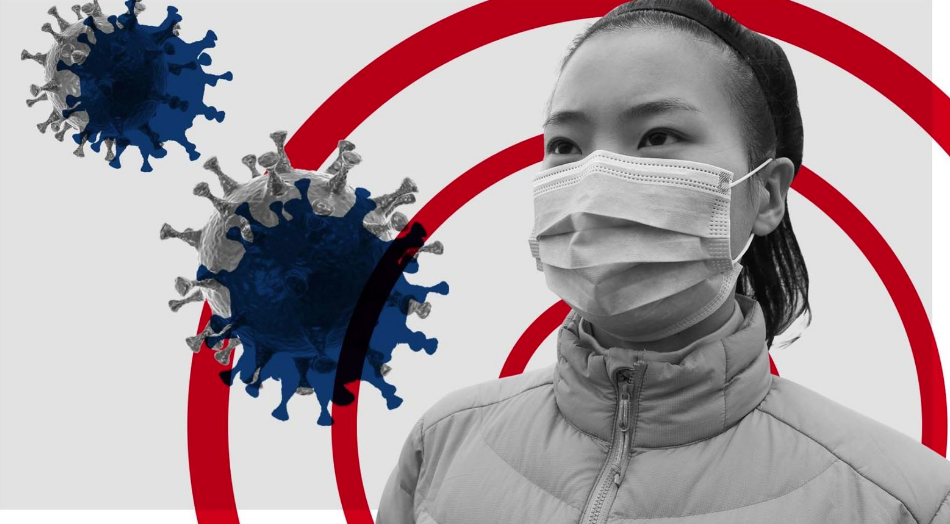6 Ways To Know If You Have Vaginal Yeast Infection

Vaginal yeast infection could be present in a woman’s vagina without her knowing, but there are a few things that could show as signs of this infection.
It could be present without causing any symptoms, a Consultant Family Physician at De-Cross Maternity Hospital, Jericho, Ibadan, Dr Mojirayo Ajayi, says.
Half of women affected with vaginal yeast infection are unaware of the disease.
“There is a specie of yeast known as Candida that can be present in the vagina without causing any symptoms.
“In fact, it is estimated that 20% to 50% of women have candida already present in their vagina,’’ she said.
Here are a few symptoms that you will see to know you have vaginal yeast or candida vaginitis, as it is sometimes referred to.
- Vaginal discharge (which is typically thick). It is odourless and whitish-grey in colour
-
An intense itching of the vaginal or genital area
-
Irritation and burning
-
Painful sexual intercourse
-
Pain or burning during urination
-
Redness, or soreness of the vagina.
Although it is not easily transmitted to men, skin irritation of the penis from a yeast infection after sexual intercourse with an infected partner is one symptom to watch out for.
If you also engage in oral sex otherwise known as ‘head’, you could lick the yeast into your stomach and that will be candida in your intestine.
Causes
According to Ajayi, for an infection to occur, the normal balance of yeast and bacteria is disturbed, allowing overgrowth of the yeast.
“While yeast can be spread by sexual contact, vaginal yeast infection is not considered to be sexually transmitted disease because it can also occur in women who are not sexually active.
“This is due to the fact that yeast can be present in the vagina of healthy women as well,” the expert added.
Here are a few other things that could aggravate the yeast.
- Injury to the inner vagina, such as after chemotherapy.
-
Suppressed immune systems (for example, those taking cortisone-related medications) develop vaginal yeast infections more frequently than women with normal immunity.
-
Use of douches or perfumed vaginal hygiene sprays may also increase a woman’s risk of developing a vaginal yeast infection.
How Does One Stop Or Avoid It?
Ajayi says that taking steps to reduce moisture in the genital area could reduce the chances of developing a yeast infection.
Wearing cotton underwear or wearing loose-fitting pants, and avoiding prolonged wearing of wet workout gear or bathing suits, are all measures that can help control moisture.
Medical intervention should be sought from the hospital to have the condition properly diagnosed and treated.








